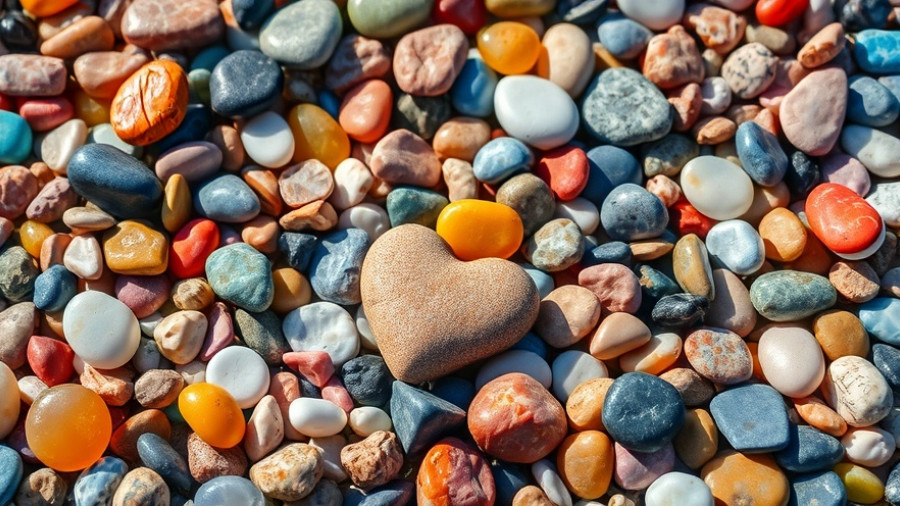
Finding Joy Amidst Challenges: The Power of Gratitude
In a world often clouded by stress and uncertainty, cultivating gratitude can be a powerful antidote. Gratitude isn't merely a polite phrase; it's a profound practice that shifts our mindset and enhances our well-being. By consistently focusing on what we appreciate in life, especially in times of turmoil, we can foster resilience and improve our mental health.
Historical Context: The Evolution of Gratitude
Gratitude has roots in diverse cultures and philosophies, often celebrated as a pivotal aspect of human experience. From ancient philosophers like Cicero who deemed gratitude as the mother of all virtues, to modern psychology highlighting the mental health benefits of thankfulness, the concept has transcended time. It’s a tool featured in therapies aimed at reducing stress and enhancing self-efficacy, especially among youth facing societal challenges like crime and aggressive behaviors.
Understanding Mental Health Benefits Connected to Gratitude
Research shows a clear link between gratitude and mental health. Individuals who practice gratitude regularly report lower levels of negative emotions such as resentment and envy, alongside heightened feelings of joy and contentment. In South Africa, where many face adversity, fostering a culture of gratitude could serve not only as a coping mechanism but also as a proactive approach to mental wellness.
Gratitude Practices for Youth and Families
For families and youth in challenging environments, implementing gratitude exercises can provide a safe space for expression and connection. Simple strategies like daily gratitude journals or communal sharing sessions encourage open dialogue about positives in life, counteracting the noise created by stressors like crime in the community or personal struggles. Encouraging reflection on grateful moments can also empower youth, enhancing their self-efficacy and resilience.
The Transformative Effects of Mindfulness and Meditation
Incorporating mindfulness and meditation into gratitude practices magnifies their benefits. Mindfulness allows individuals to stay present and appreciate the simple joys that often go unnoticed. Meditation, combined with gratitude, helps in processing emotions effectively, promoting a holistic approach to mental well-being and stress reduction. The patterns formed by consistent practice can create a more resilient and poised response to life’s challenges.
Community and Connection: Building a Culture of Thankfulness
As we strive to enhance our mental health through gratitude, it is essential to create a community culture that celebrates appreciation. Initiatives in schools, workplaces, and organizations can help cultivate an environment where gratitude is expressed freely, promoting collective resilience. Support networks formed through shared gratitude not only enhance personal well-being but can also reduce societal tensions.
Practical Steps to Embrace Gratitude Daily
To start nurturing a habit of gratitude, consider these practical steps:
- Daily Gratitude Lists: Write down three things you are thankful for each day.
- Express Appreciation: Regularly communicate your gratitude to someone you care about.
- Gratitude Meditation: Sit quietly and reflect on moments or people that contribute to your happiness.
Conclusion: Embracing a Grateful Life
The act of being devoted to gratitude is more than just a mindset; it’s a lifestyle choice that has the power to transform lives. Through understanding its historical significance, recognizing its mental health benefits, and actively participating in gratitude practices, individuals and communities can create a more resilient future. Moving forward, let’s challenge ourselves and those around us to embrace gratitude, acknowledging that even in difficult times, there is always something to be thankful for.
If you’ve found the insights shared here uplifting, consider initiating your own gratitude practice today! Join local support groups or start a simple gratitude circle with friends and family. Let’s spread positivity and resilience together.
 Add Row
Add Row  Add
Add 




Write A Comment